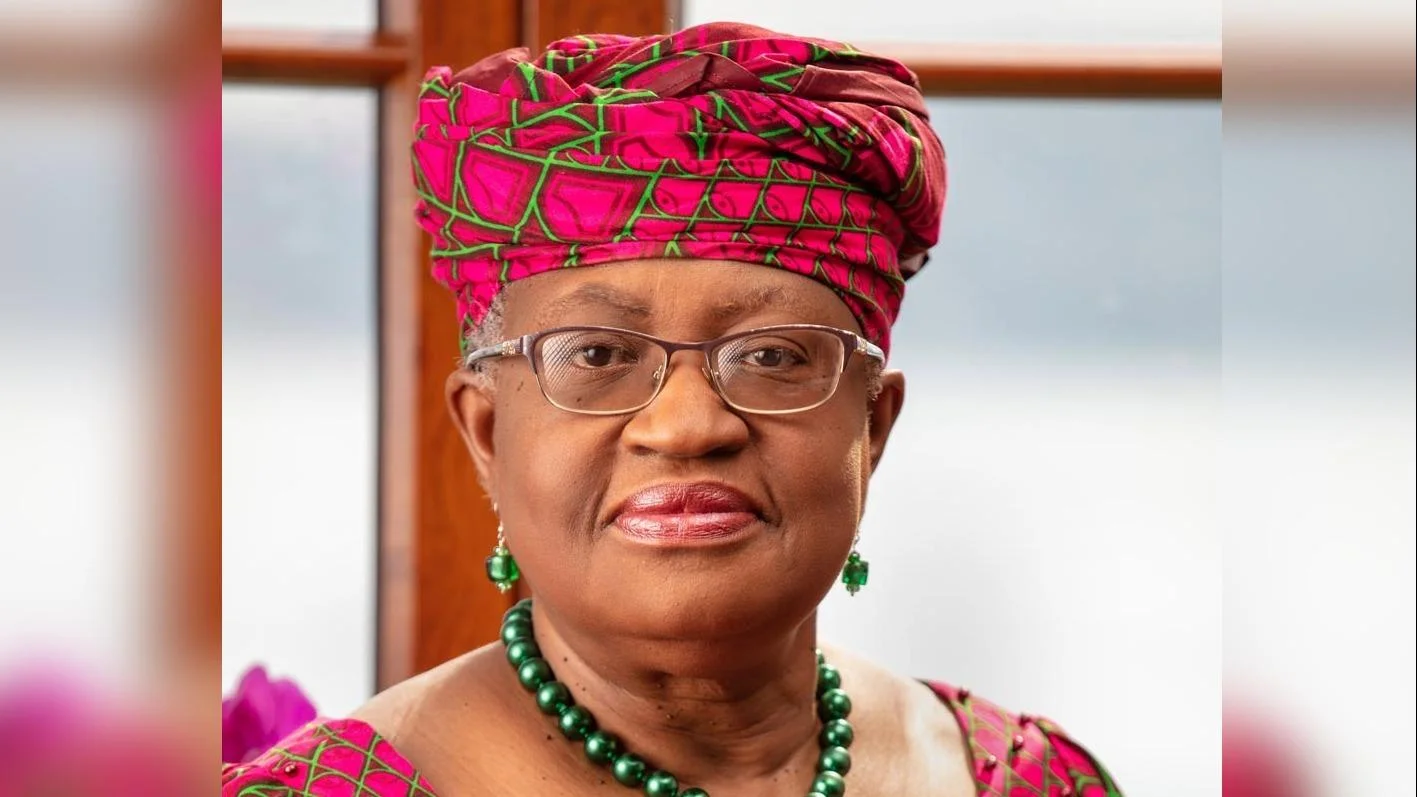The Informal Working Group on Trade and Gender (IWG) has discussed the implementation of its 2025-2026 Work Plan, aiming to turn shared commitments to gender equality in trade into concrete actions. The co-chairs noted that the new plan builds on previous work since the group's founding in 2020 and reflects momentum from recent ministerial conferences.
The roadmap for implementation sets out specific deliverables ahead of the 14th WTO Ministerial Conference (MC14), scheduled for March 2026 in Cameroon. It includes steps to integrate gender considerations into WTO activities, enhance government officials' skills in analyzing gender-disaggregated trade data, and promote research and collaboration in areas like regional trade agreements, intellectual property, and women's trade networks.
Meeting participants reviewed preparations for MC14. These include drafting a joint statement by the co-chairs, compiling a record of IWG's gender-responsive policymaking efforts since 2020, and organizing a joint event with the Informal Working Group on Micro, Small and Medium-sized Enterprises.
Ambassador James Baxter of Australia was welcomed as a new co-chair, succeeding Ambassador Simon Manley of the United Kingdom. Ambassadors Clara Delgado of Cabo Verde and Patricia Benedetti of El Salvador continue as co-chairs.
WTO members shared national updates during the meeting. The Republic of Korea introduced its "Second Basic Plan for Facilitating Activities of Female-Owned Businesses (2025-2029)," which focuses on supporting women’s participation in technology sectors and entrepreneurship. The plan includes measures such as a dedicated growth fund of about USD 59 million to provide financing solutions and support for early-stage entrepreneurs seeking international markets through partnerships.
China announced its upcoming Global Women's Summit in Beijing this October and plans to release a white paper titled "China's Achievements in Women's Well-Rounded Development in the New Era." Efforts highlighted include legal protections for women’s employment, coordinated cross-sector policy initiatives—especially within digital economy sectors—and support for women’s participation in sustainable agriculture value chains.
Mongolia reported on launching the Women Exporters in the Digital Economy (WEIDE) Fund alongside Jordan, Nigeria, and the Dominican Republic. In Mongolia, 46 women-led micro, small, and medium-sized enterprises were selected from over 300 applicants to participate in a year-long program focused on training, mentorship, and access to digital tools.
Nigeria described its own experience with WEIDE Fund implementation. In partnership with the Nigerian Export Promotion Council—which led an outreach campaign receiving more than 68,000 applications—146 women-led businesses received support through grants ranging from USD 5,000 to USD 30,000 along with mentorship and training aimed at strengthening digital skills and global market access. According to Nigeria: "the Fund stands as a demonstration of how trade can serve as a catalyst for gender equality and inclusive economic growth."
International organizations also provided updates. The World Customs Organization (WCO) described ongoing work promoting gender equality among its member customs administrations since launching related initiatives in 2013. This includes assessment tools to improve both internal operations and external service delivery from a gender perspective. The WCO’s strategic plan (2025-2028) now includes inclusiveness as an organizational value.
The Organisation for Economic Cooperation and Development (OECD) presented findings from its "Trade and Gender Review of Latin America," noting that women are less likely than men to hold export-dependent jobs or lead exporting firms—a gap partly explained by firm size differences but also by barriers such as unpaid care work or limited business networks. OECD representatives suggested expanding gender provisions in trade agreements could help address these disparities.
United Nations Trade and Development (UNCTAD) presented research focusing on African women digital entrepreneurs across various sectors such as e-commerce or fintech. Challenges identified include restricted access to finance or business networks along with regulatory issues; UNCTAD recommended targeted policies to improve capital access, leadership opportunities, partnerships, and overall participation by women in digital trade.

